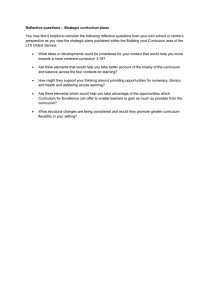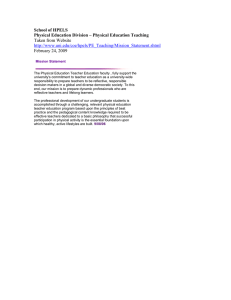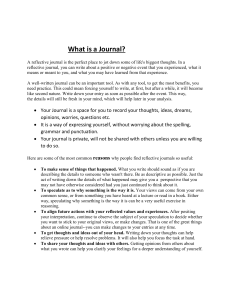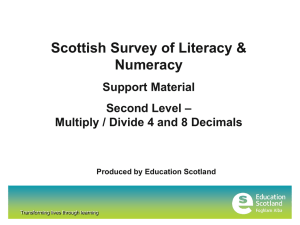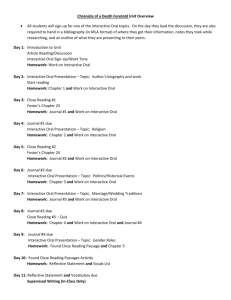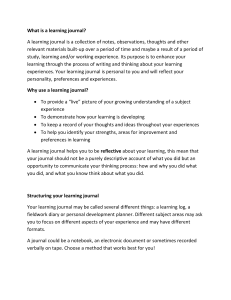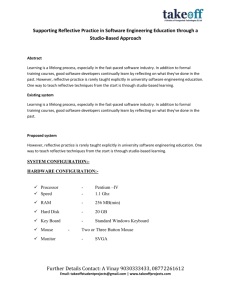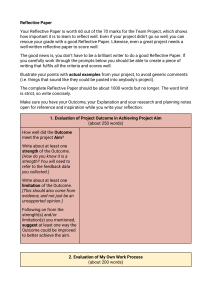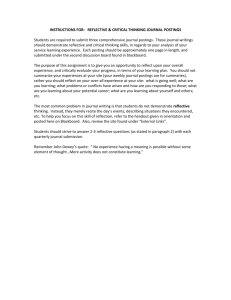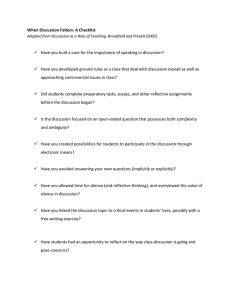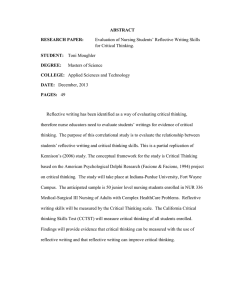Ethical Principles
advertisement
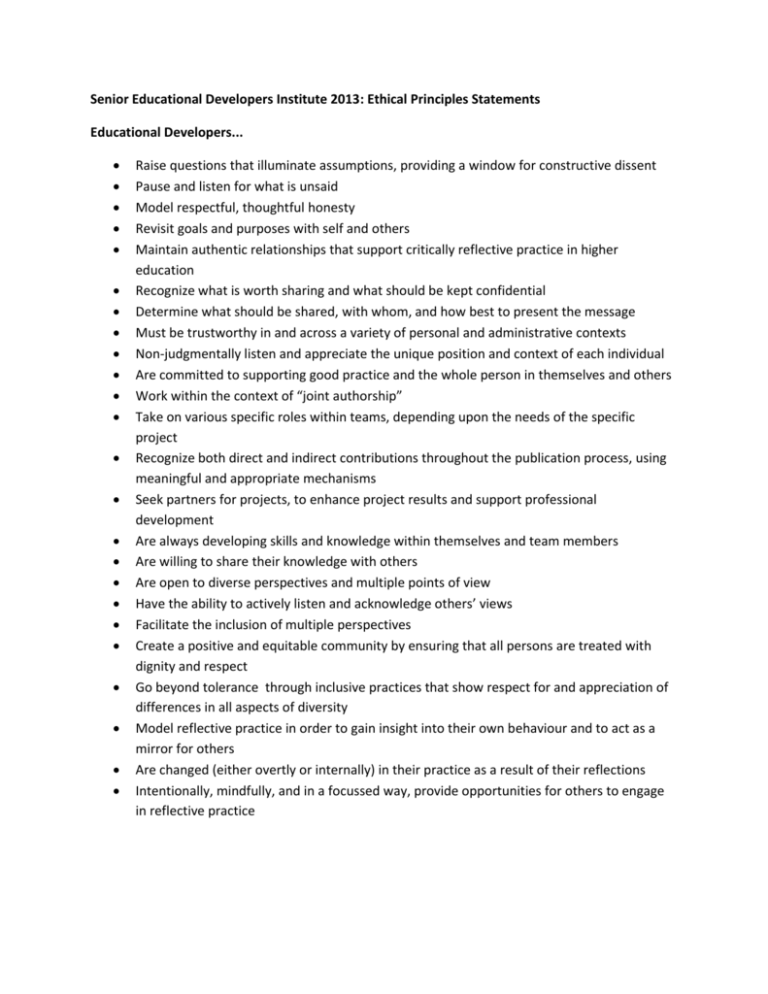
Senior Educational Developers Institute 2013: Ethical Principles Statements Educational Developers... Raise questions that illuminate assumptions, providing a window for constructive dissent Pause and listen for what is unsaid Model respectful, thoughtful honesty Revisit goals and purposes with self and others Maintain authentic relationships that support critically reflective practice in higher education Recognize what is worth sharing and what should be kept confidential Determine what should be shared, with whom, and how best to present the message Must be trustworthy in and across a variety of personal and administrative contexts Non-judgmentally listen and appreciate the unique position and context of each individual Are committed to supporting good practice and the whole person in themselves and others Work within the context of “joint authorship” Take on various specific roles within teams, depending upon the needs of the specific project Recognize both direct and indirect contributions throughout the publication process, using meaningful and appropriate mechanisms Seek partners for projects, to enhance project results and support professional development Are always developing skills and knowledge within themselves and team members Are willing to share their knowledge with others Are open to diverse perspectives and multiple points of view Have the ability to actively listen and acknowledge others’ views Facilitate the inclusion of multiple perspectives Create a positive and equitable community by ensuring that all persons are treated with dignity and respect Go beyond tolerance through inclusive practices that show respect for and appreciation of differences in all aspects of diversity Model reflective practice in order to gain insight into their own behaviour and to act as a mirror for others Are changed (either overtly or internally) in their practice as a result of their reflections Intentionally, mindfully, and in a focussed way, provide opportunities for others to engage in reflective practice
